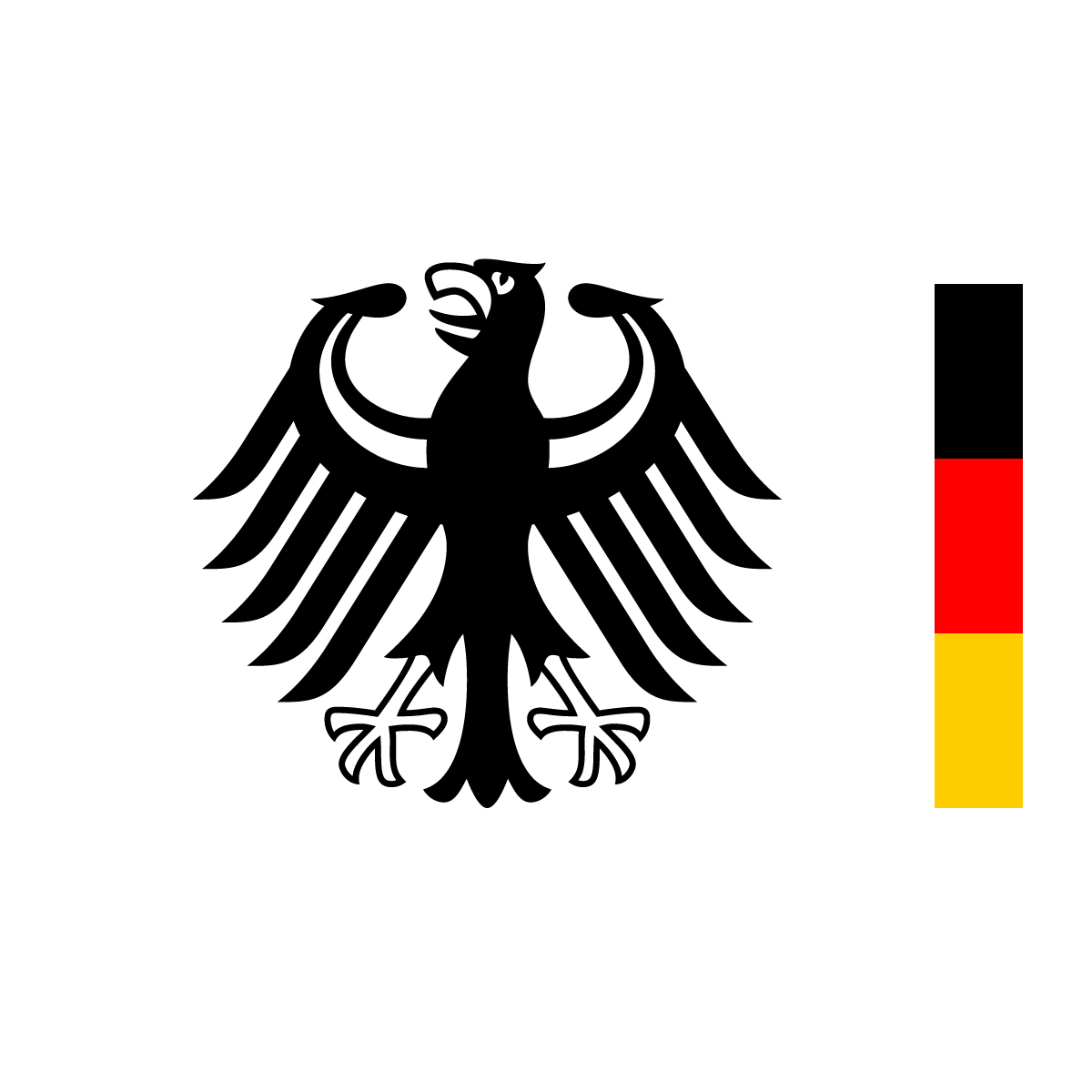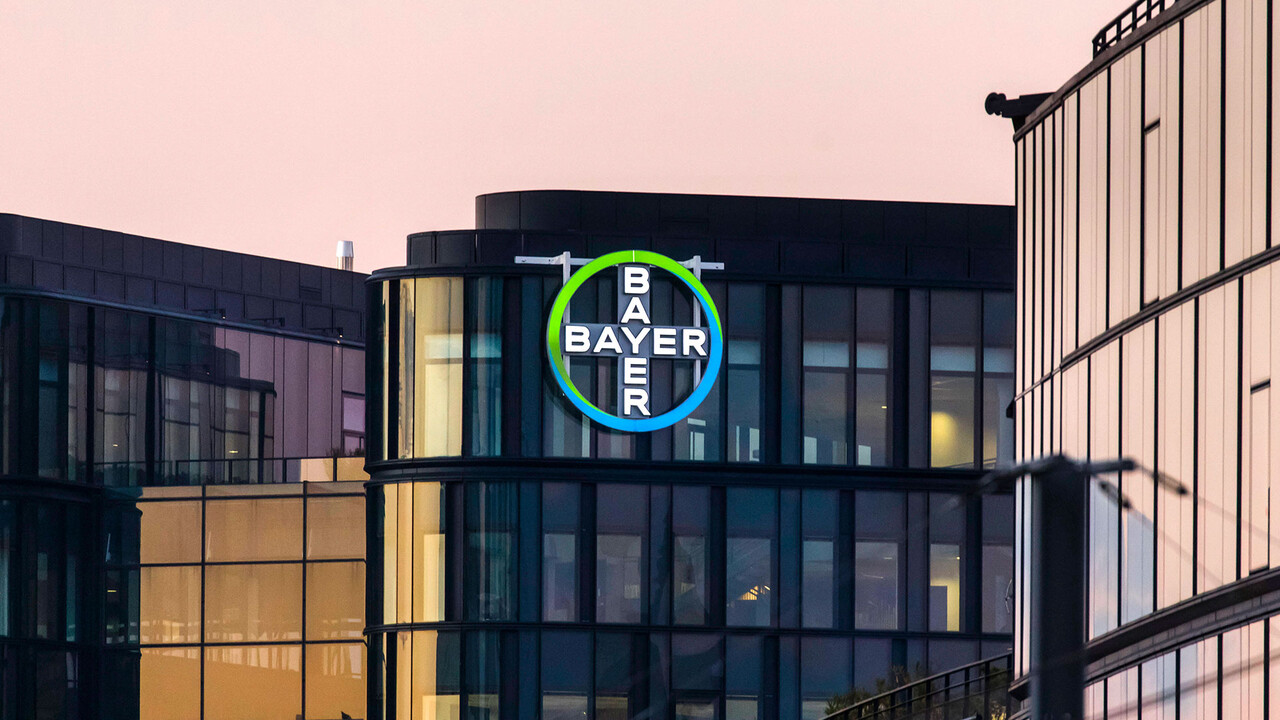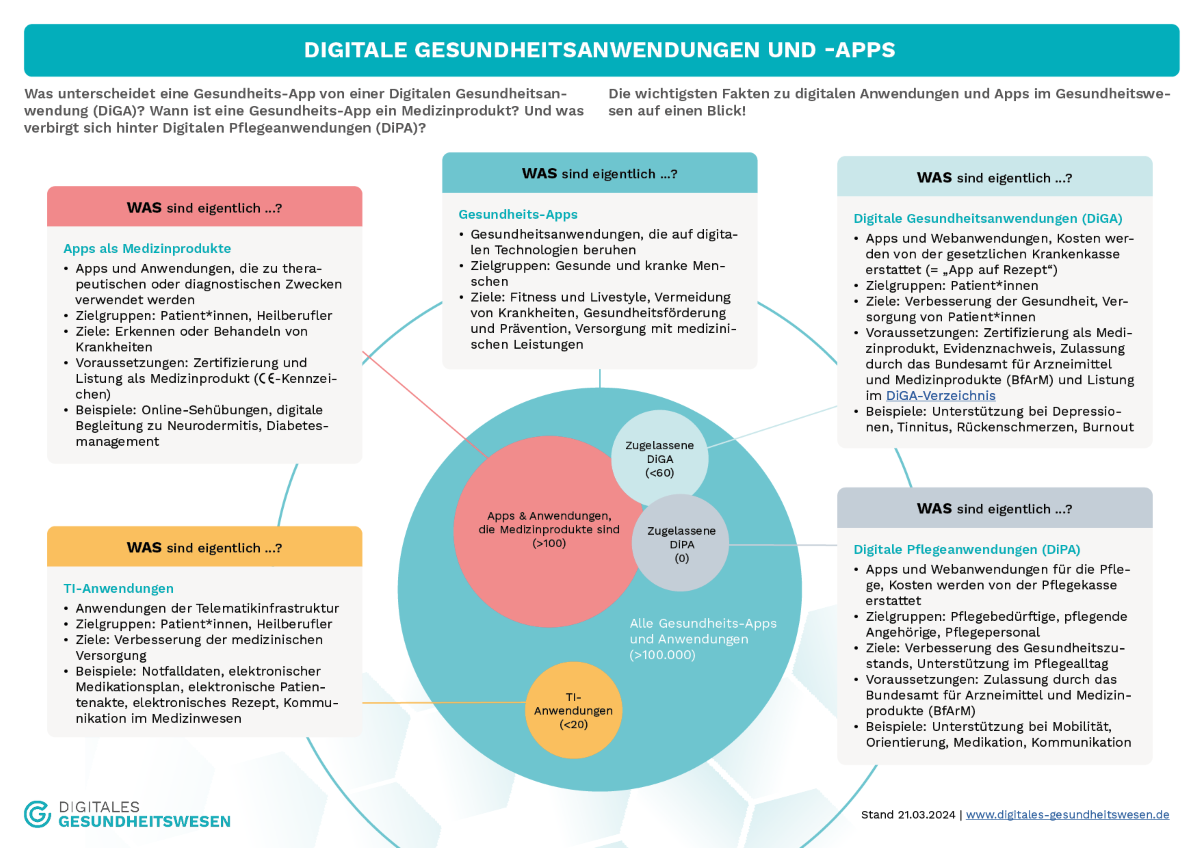CVE-2022-30636 - httpTokenCacheKey uses path.Base to extract the ex
CVE ID : CVE-2022-30636 Published : July 2, 2024, 8:15 p.m. | 29 minutes ago Description : httpTokenCacheKey uses path.Base to extract the expected HTTP-01 token value to lookup in the DirCache implementation. On Windows, path.Base acts differently to filepath.Base, since Windows uses a different path separator (\ vs. /), allowing a user to provide a relative path, i.e. .well-known/acme-challenge/..\..\asd becomes ..\..\asd. The extracted path is then suffixed with +http-01, joined with the cache directory, and opened. Since the controlled path is suffixed with +http-01 before opening, the impact of this is significantly limited, since it only allows reading arbitrary files on the system if and only if they have this suffix. Severity: 0.0 | NA Visit the link for more details, such as CVSS details, affected products, timeline, and more...

Published : July 2, 2024, 8:15 p.m. | 29 minutes ago
Description : httpTokenCacheKey uses path.Base to extract the expected HTTP-01 token value to lookup in the DirCache implementation. On Windows, path.Base acts differently to filepath.Base, since Windows uses a different path separator (\ vs. /), allowing a user to provide a relative path, i.e. .well-known/acme-challenge/..\..\asd becomes ..\..\asd. The extracted path is then suffixed with +http-01, joined with the cache directory, and opened. Since the controlled path is suffixed with +http-01 before opening, the impact of this is significantly limited, since it only allows reading arbitrary files on the system if and only if they have this suffix.
Severity: 0.0 | NA
Visit the link for more details, such as CVSS details, affected products, timeline, and more...







































































